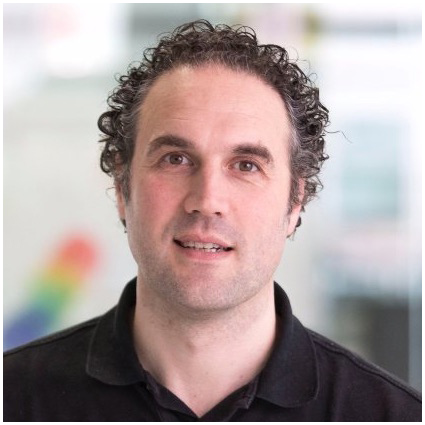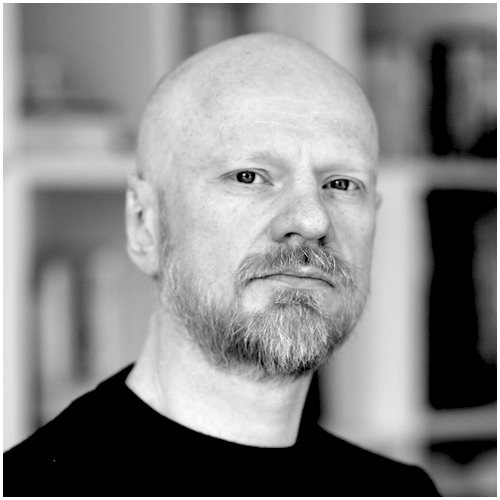UX STRAT Online 2021 Presentations: Europe Timezone (CET)
UX STRAT Online took place on December 1 - 2, 2021. The presentations scheduled during Asia business hours are listed below. The pre-recorded version of presentations labeled "Video Available" below are included in the Video Playback ticket, which is valid for 30 days from time of purchase. Alternatively, you can purchase a ticket that gives you access to all available presentations across all three timezones.
Click a speaker name or session title to see more details.
Wednesday December 1 Presentations
Video Available
Design Framework for Spatial Immersive Experiences

Consultant: Creative Technologist
Workshop: How to Run Google Design Sprints (2 Hours)

Google: Staff UX Designer
Video Available
Uncertain Times as Drivers of Innovation

Koa Health: VP of Product
Video Available
Designing Systemic Transformation

Publicis Sapient: Group Director - Industry Head of Experience
Video Available
Design Tools to Get the Most from AI

IBM: UX Architect
Video Available
AI Incubator: A Design-Centric Approach

Fidelity Investments: Director of Product Management
Thursday December 2 Presentations
Video Available
Strategic Design Methods for Business Impact

Digitas Health: Digitas Health: Group Director Experience Strategy
Video Available
Crowdsourcing & Outsourcing Research During the Pandemic

frog: Assoc. Design Director
Video Available
Designing Meaningful Human-AI Interactions

Philips: Data-Enabled Design Consultant
Video Available
Designing Conversational AI at Microsoft: A Design Toolkit

Microsoft: User Experience Consultant
Video Available
Mixed Methods in UX Research in the Fields of Design, Data, and AI

Philips: Sr. Design Researcher
Video Available
Finding a Compelling Value Proposition for Emerging Technologies

Modern Human: Chief Creative Officer & Founding Partner
Video Available
Designing for Human-Centered AI

Carnegie Mellon: Sr. Research Scientist



